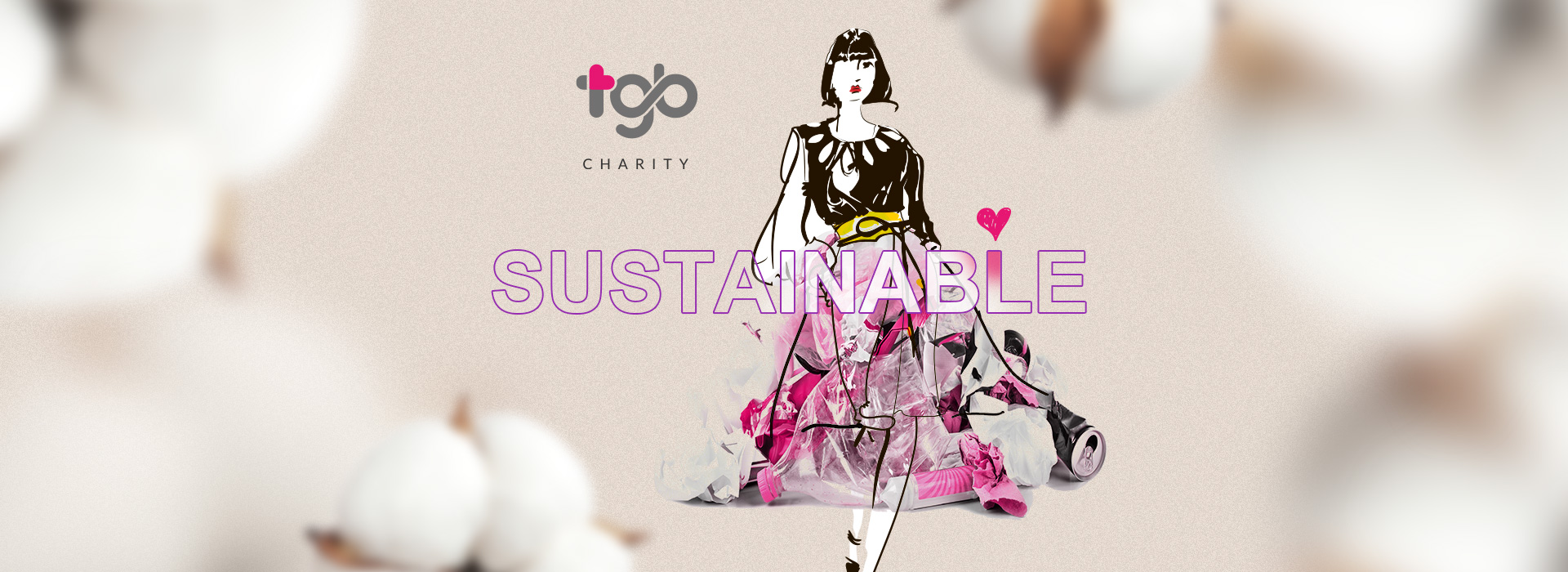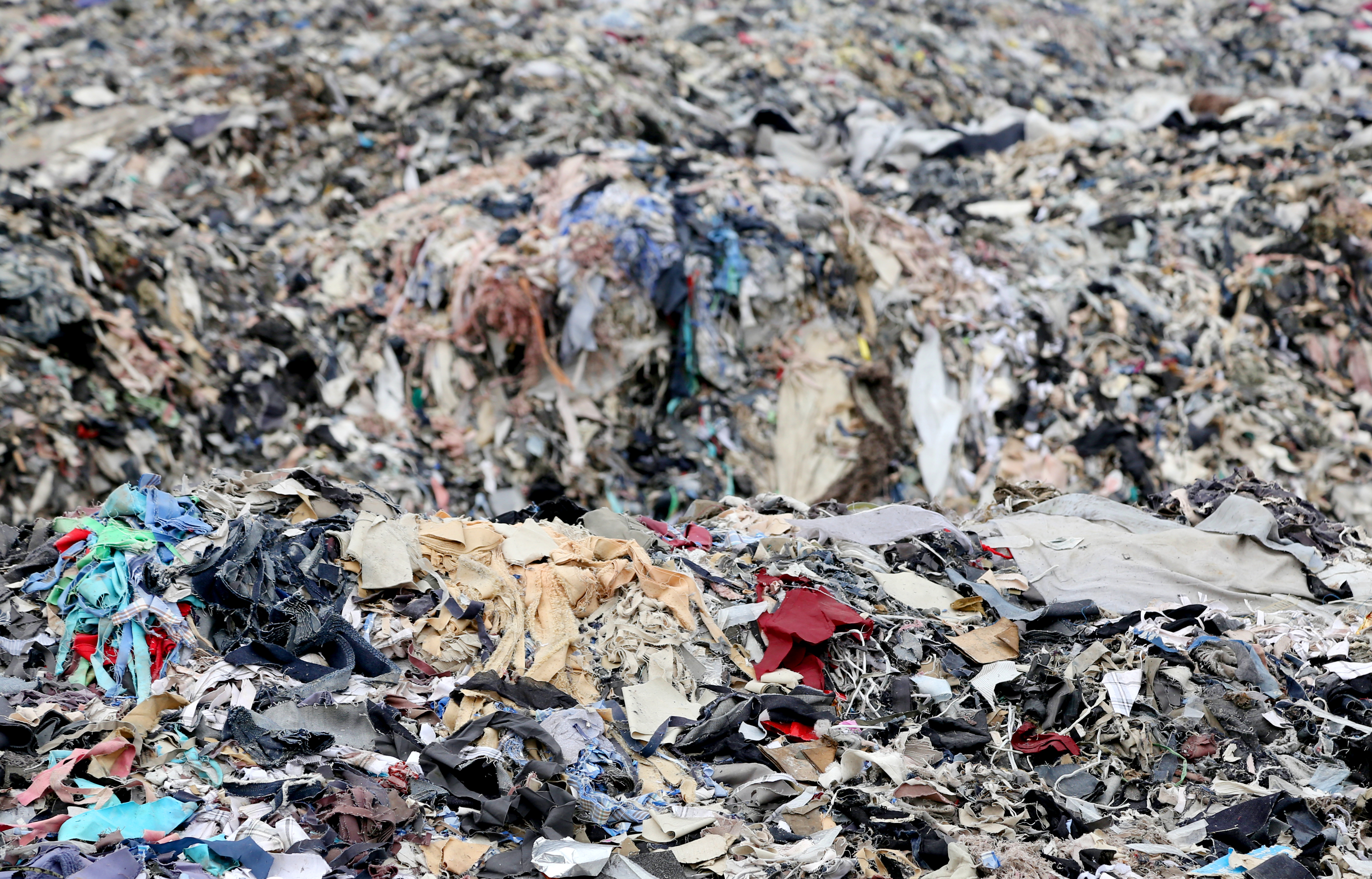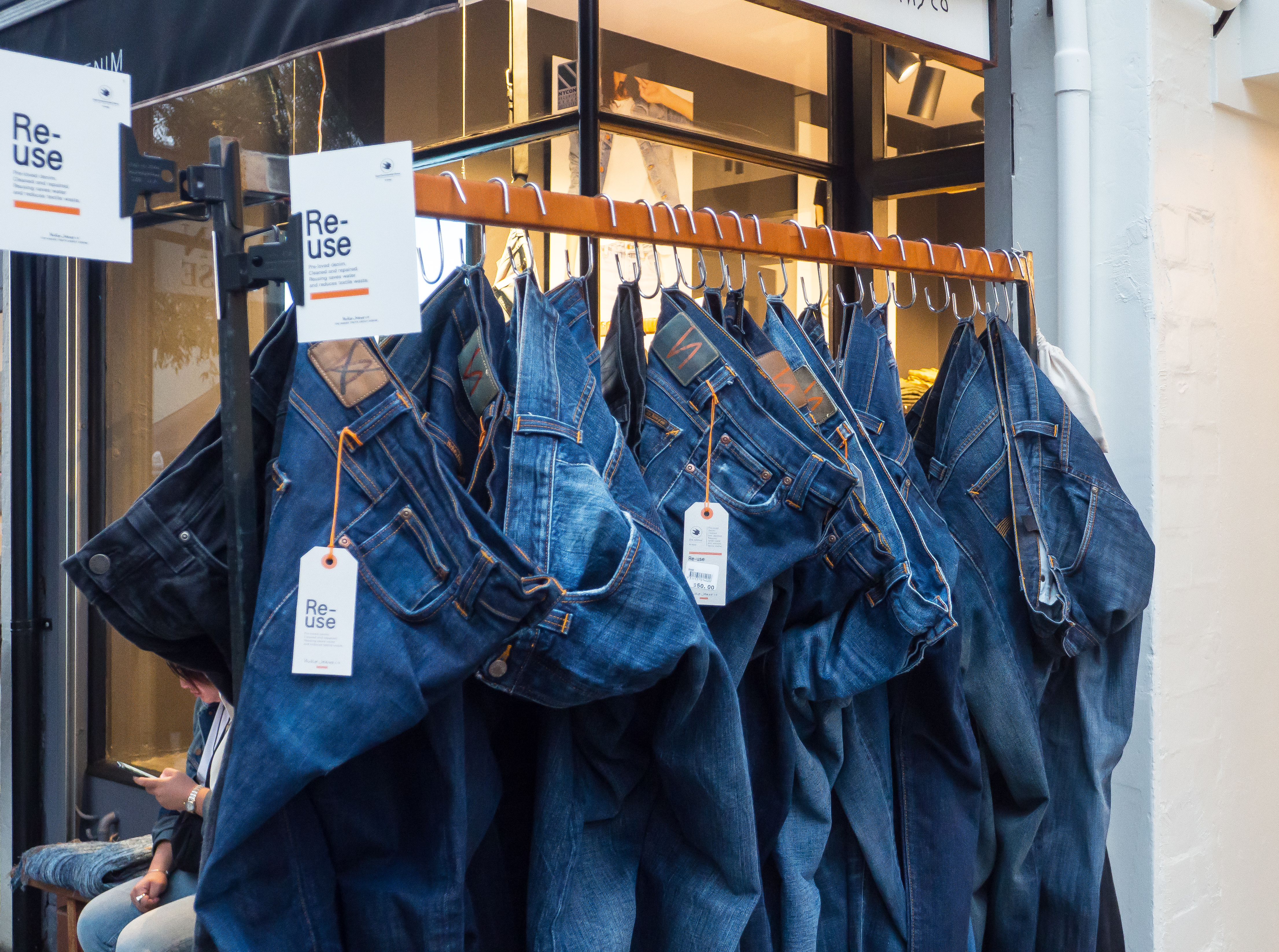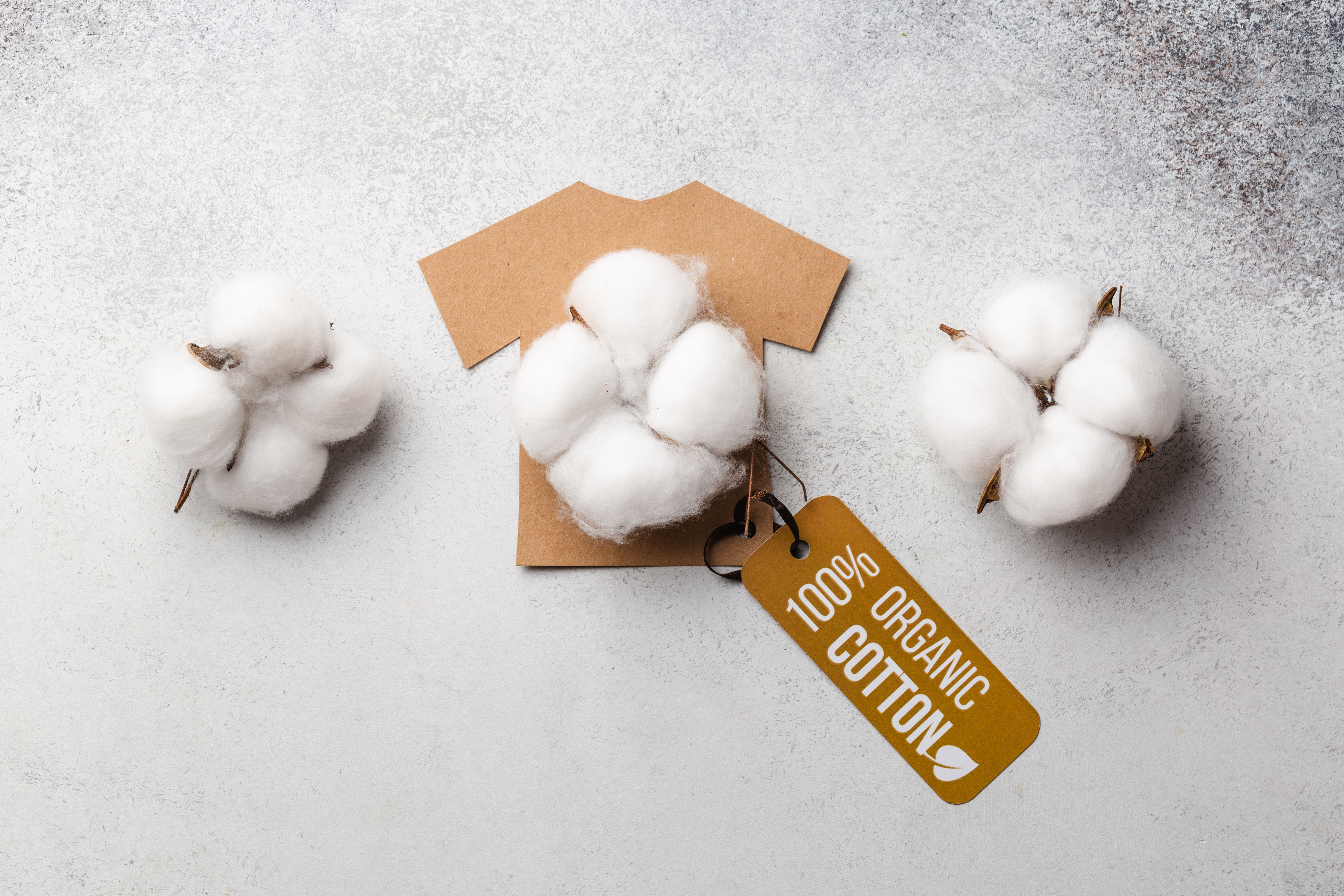TGB Charity cares about the environment. From our observation, it is undeniable that the fashion industry has a global impact on the environment. According to the United Nations 2018 report, the fashion industry accounts for about 10% of the global total and 20% of global wastewater. The reason is its long supply chains and energy-intensive production. It might be hard to believe, but the industry consumes more energy than the aviation and shipping industry combined.
The fashion industry is also one of the most water-consuming industries. It could take up to 10,000 liters of water just to make a pair of jeans, this is equivalent to the amount of water the average person drinks over a period of 10 years. The water footprint of humanity has reached an all-time high. WaterFootprint.org and WWF reports show that more than 2.8 billion people will face water stress or scarcity conditions by 2025, and this will have reached almost 7 billion by 2050 - if we don’t take action now.
Sources:
https://ellenmacarthurfoundation.org/a-new-textiles-economy
https://thelogicalindian.com/environment/jeans/
https://unece.org/forestry/press/un-alliance-aims-put-fashion-path-sustainability
https://www.unicef.org/wash/water-scarcity
https://unfccc.int/news/un-helps-fashion-industry-shift-to-low-carbon
https://waterfootprint.org/en/
https://www.worldwildlife.org/threats/water-scarcity





